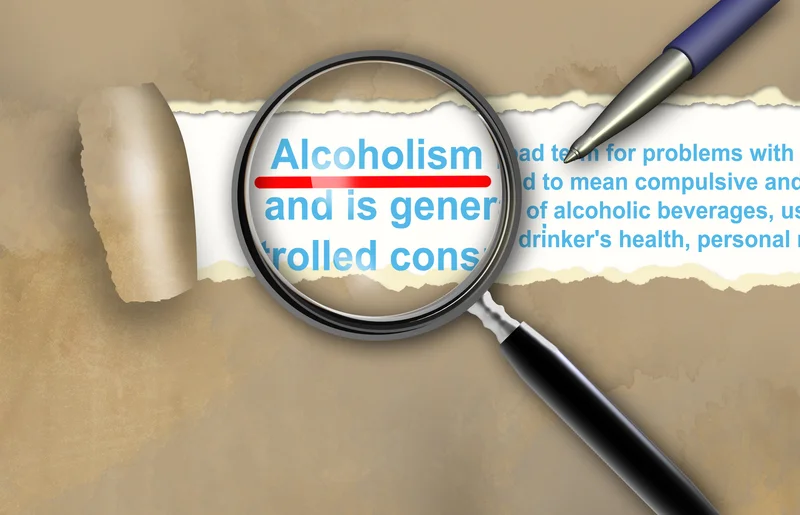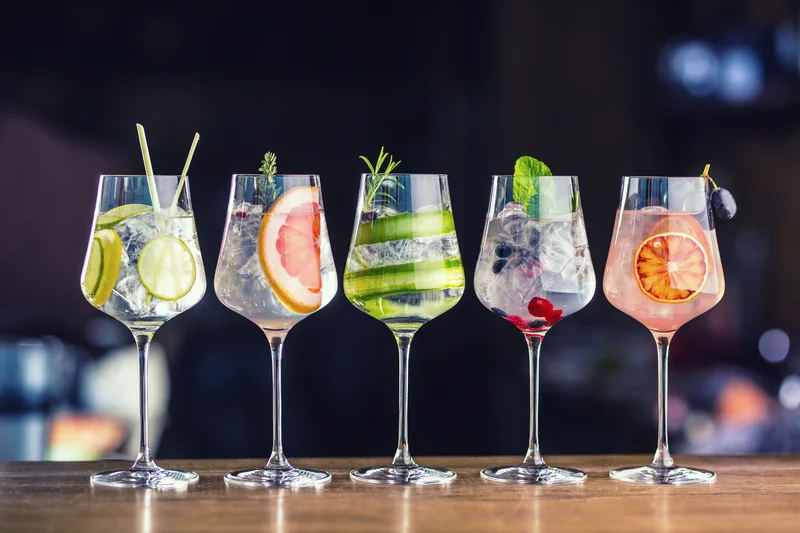
Their self-esteem might rise, and they could feel more positive about themselves and their lives. When someone stops drinking, changes in sleep and energy levels are often noticeable. Alcohol can disrupt sleep patterns, so giving it up can lead to better rest. It’s essential to stay hydrated, maintain a balanced diet, and seek support during this time—whether from friends, family, or healthcare professionals.
Long-Term Benefits of Quitting Alcohol
That’s because alcohol misuse changes how the brain works. These symptoms, also known as withdrawal, can be mild or serious — even fatal. These findings were confirmed in a large September 2019 study in Diabetes Care, too. It’s a water soluble molecule that is readily absorbed in your body through your stomach and your small intestine when you drink it. And it affects all different parts of your body and body systems, in particular your brain, which is why we feel the effects of alcohol pretty soon after you start drinking. And we can talk through what those effects are, but it impacts our behavior, our sleep, our https://ecosoberhouse.com/ mood, and many other parts of our body system.
One Year In: Reduced Inflammation and Healthier Heart
Even with a healthy diet of whole grains, fresh fruits, and vegetables, you might still crave candy and other sugary treats. These cravings are temporary and should dissipate within a few what happens when you stop drinking alcohol weeks. With that caveat in mind, let’s examine an approximate breakdown of what happens at longer-term milestones along the quitting alcohol timeline. It’s why you feel extra jumpy and anxious after a night of heavy drinking (i.e., hangxiety). You might feel a surge of excitement that you’re so close to achieving your goal of 30 days of sobriety. Take time to look back and reflect on how far you’ve come!
- You can drink for years and years until eventually your liver starts to become inflamed, without any pain, which silently proceeds to fatty liver disease and then to cirrhosis.
- After the intense physical strain of withdrawal, people will often be fatigued.
- Studies have also connected alcohol use to an increased risk of stroke, especially for people under the age of 45 years old.
- After a week of not drinking, you will probably notice that your sleep pattern is beginning to normalize.
You May Feel Irritable, Anxious, or Moody
Cravings, anxiety, and/or depression can continue for weeks if they are not addressed with support, drugs, or nutritional supplementation. Reframe supports you in reducing alcohol consumption and enhancing your well-being. For many people, sipping on a bold glass of wine at the end of a long day, enjoying an ice-cold beer while watching a sports game or enjoying a trendy cocktail at happy hour may be part of a daily routine. Yet, going alcohol-free has been increasing in popularity. Here are some of the improvements you could see from cutting out alcohol, in the short- and long-term.


And I’m not even through the rest of my evening yet in terms of what my old evenings used to look like. So my evening routine begins by just stacking dishes, not doing them, creating this giant stack of goopy messy bubbles in grease. So I dug into the research and the fact is there are very simple steps that you can take. I’ve been road testing them for both you and me because just like you, I want to make the most of this time.
- Your risk of developing cancer will decrease, and your liver function will have greatly improved.
- So, giving up alcohol may help you to improve your relationships with friends and family.
- It’s important to remember that they are only temporary and will usually subside within a few days.
- It’s estimated that more than up to half of individuals with an alcohol use disorder will experience these withdrawal symptoms to some degree.
- You might encounter feelings of restlessness or irritability around this time.
- The brain also begins to repair some of the damage and shrinkage you may have experienced while drinking.
Tips to change your relationship with alcohol

Drinking alcohol tends to decrease your inhibitions, so it’s likely you’ll also eat more junk food. When you stop drinking, not only will you likely consume fewer calories, but you’ll have more energy and that may even increase your activity level. It particularly disrupts REM (rapid eye movement) sleep, which is crucial for cognitive function, memory consolidation and overall restorative sleep.

Long-term abstinence can lead to lasting improvements in liver health and overall body function. Your body begins to detoxify, leading to improved hydration and reduced inflammation. Symptoms like shakiness, sweating, and nausea may occur, especially for heavy drinkers. Symptoms can range from mild to severe based on your drinking habits. Stopping drinking alcohol can lead to noticeable changes in your body. Many people experience improved health, better sleep, and clearer skin.

Long-term benefits include improvements in mood and anxiety levels. People often experience better sleep and feel more rested. These mental health changes can lead to better relationships and more effective focus at work or school. Adjusting marijuana addiction to life without alcohol can be challenging, but the positive mental health changes can be significant. You may still feel post-acute withdrawal symptoms like anxiety and fatigue.
Alcohol withdrawal symptom timeline
- This is an important time to seek support from family and friends and find a treatment program if you haven’t already.
- Depending on your drinking history, the liver usually takes up to 6 months (or even more) to return to normal function.
Also, your risk of developing cardiovascular disease will start to decrease. Alcohol can increase your blood pressure and make your heart work harder. In the coming weeks, your liver will also begin to repair itself. By week three, you will have saved about $450–$600 from not buying alcohol. Your calorie intake will be about 9,000 calories less, leading to a potential drop in weight of about three pounds.
Heavy drinkers usually have tell-tale signs; they often look red-faced or puffy with bags under their eyes. Unstable vital signs increase the risk of complications and can be managed with medications. People who experience severe withdrawal symptoms or DTs may require hospitalization or intensive care unit (ICU) treatment during alcohol. Quitting heavy drinking suddenly can lead to serious withdrawal symptoms. Individuals may experience shaking, sweating, headaches, nausea, agitation, irritability, and anxiety. For some, more severe symptoms such as seizures and hallucinations can occur.